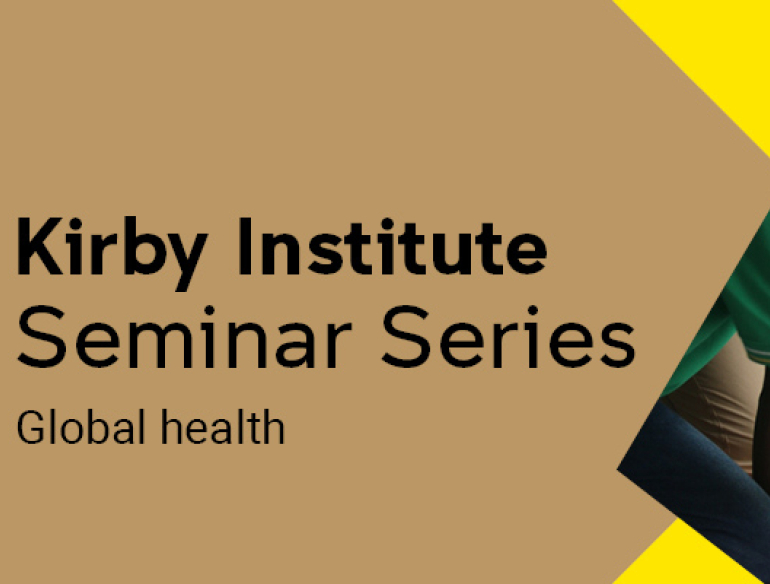Hepatitis B infection is the major cause of liver cancer worldwide. Liver cancers only become detectable decades after the initial infection. A/Prof Tu’s group aims to characterise what occurs during this long pre-cancerous phase to detect risk-factors before cancer forms, and so reduce mortality rates using early interventions.
Cancer risk can be lessened (but not eliminated) with current antiviral therapies. The team has developed novel assays to sensitively detect the drug-resistant forms of the virus. They are now designing therapeutic approaches to disrupt these forms, cure an infection, and eliminate the risk of cancer progression.
A spotlight on Global Health: Learn about research and programs aimed at improving health outcomes in areas of need through collaborations in low- and middle-income countries.
School-based targeted preventive chemotherapy, the main control strategy for intestinal worms, excludes adults. Mass drug administration would benefit the entire population but requires greater investment. Utilising cost surveys, systematic review, and economic modelling, this thesis evaluated the cost, effectiveness, and cost-effectiveness of mass drug administration compared with school-based targeted preventive chemotherapy for intestinal worm control in Vietnam and the Philippines.
|
John Paul Caesar Delos Trinos |
Opinions expressed by individuals at this event are solely of those of the individual/s and do not necessarily represent the views or opinions of the Kirby Institute or UNSW.

